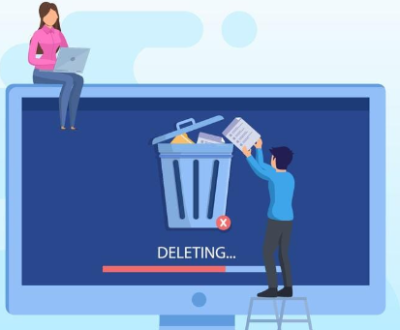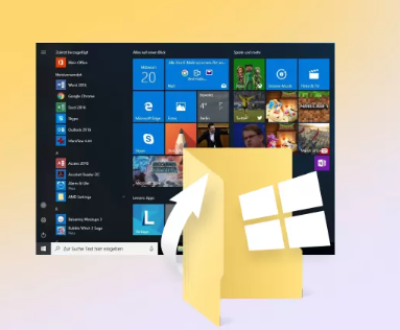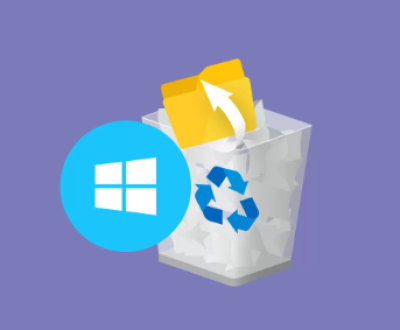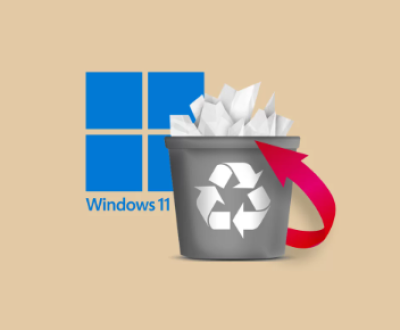PowerPoint presentations are a staple in business, education, and personal projects. Their visual impact, multimedia support, and ease of use make them a go-to solution for presenting ideas. However, encountering a corrupted PowerPoint file can be a major setback, especially when a deadline is looming. Fortunately, there are effective, free online solutions to repair PowerPoint files and recover your hard work.
Sudden shutdowns: Unexpected power outages or forced shutdowns during a save operation.
Improper file transfers: Using unreliable storage devices or interrupted uploads/downloads.
Virus or malware: Malicious software can corrupt files and even damage system resources.

Faulty storage media: Bad sectors on USB drives, SD cards, or hard disks can compromise file integrity.
Software conflicts: Conflicting add-ins, outdated PowerPoint versions, or incompatible third-party applications.
File format changes: Improperly converting PPTX to other formats (e.g., PDF, PPT) or vice versa.
Recognizing these potential causes helps you not only identify why the problem happened but also avoid it in the future.
Common Signs of a Corrupted PowerPoint File
Corrupted files often show tell-tale signs. If you’re experiencing any of these symptoms, your file may be damaged:
PowerPoint won’t open the file and displays an error message.
The presentation opens but some slides are missing or display incorrectly.
Images, text, or embedded media fail to load.
You receive a message such as “PowerPoint can’t read the file,” “Part of the file is missing,” or “This is not a PowerPoint file.”
The file crashes PowerPoint upon opening or editing.
Understanding these signs helps you determine whether you’re dealing with a corruption issue or a different problem, like software incompatibility.
Why Choose an Online Repair Method?
There are multiple ways to repair PowerPoint files—some involve desktop tools, some require technical skills. Online repair tools, however, offer unique benefits:
Free access: Many offer basic repair services without charge.
No installation: All actions happen in your browser, which is convenient and fast.
Cross-platform compatibility: Works on Windows, macOS, Linux, and mobile devices.
User-friendly: Most services are intuitive and don’t require technical expertise.
Time-saving: Quick turnaround for simple file issues.
These advantages make online PowerPoint repair solutions ideal, especially when you’re short on time or working on a device where installing software isn’t possible.
Step-by-Step Guide to Repairing a PowerPoint File Online for Free
Here’s a straightforward, practical process for repairing a corrupted PowerPoint file using online tools.
Step 1: Prepare the Corrupted PowerPoint File
Start by locating the damaged PPT or PPTX file on your device. Move a copy of it to a safe folder. If you haven’t already, rename it to make it easier to identify (e.g., Project_Presentation_Broken.pptx).
Make sure the file is under the size limit specified by most online tools, typically 100–200 MB.
Step 2: Choose a Reputable Online Repair Tool
There are several online platforms that specialize in repairing Office documents. Look for ones that support PowerPoint file repair and offer a free tier of service. Ideally, choose a tool with these features:
No software installation required.
Secure file handling and automatic deletion after processing.
Preview or download option for the repaired file.
Accepts both .ppt and .pptx formats.
Be cautious of tools that ask for excessive permissions or payment upfront without a preview or clear explanation of services.
Step 3: Upload Your PowerPoint File
Once you’re on the chosen repair site:
Click the upload button or drag-and-drop the file into the upload area.
Wait for the file to finish uploading. Depending on size and internet speed, this may take a few seconds to a couple of minutes.
Review any on-screen confirmation that the upload is complete.
Step 4: Run the Repair Process
Initiate the repair process by clicking a “Repair,” “Fix,” or “Start” button. The site will begin analyzing the file, attempting to reconstruct the presentation’s content.
The tool scans for issues in structure, slide elements, media content, and embedded objects. It will then attempt to rebuild a working version of the presentation.
During this step:
Don’t close your browser or navigate away from the page.
If prompted, provide an email address to receive the download link.
Some tools may show a progress bar or estimated time remaining.
Step 5: Download the Repaired File
Once the repair is finished:
A download link or button will appear.
Click to download the fixed presentation to your device.
Save it in a clearly labeled folder and open it using Microsoft PowerPoint or a compatible viewer.
Check that:
All slides are present.
Text, images, graphs, and multimedia are restored.
Animations and transitions are functioning.
Notes and comments (if any) are intact.
If everything looks good, you’ve successfully repaired your PowerPoint file online.
What to Do if Online Repair Fails
Sometimes, online repair tools can’t fix every file. Here are alternative actions you can take:
Use PowerPoint’s Built-in Repair Feature
Microsoft PowerPoint has a native repair function:
Open PowerPoint.
Go to File > Open.
Select the corrupted file.
Click the drop-down arrow next to “Open” and choose “Open and Repair.”
If successful, this method will recover the file or prompt you with additional recovery suggestions.
Extract Content from the File
If repair fails, try retrieving individual components from the file:
Rename the .pptx file extension to .zip.
Open the file as a ZIP archive.
Navigate to ppt > slides to recover individual XML slide files.
Copy images from the media folder.
Although you won’t restore the whole presentation, this method lets you salvage valuable content.
Create a New File Using Extracted Data
After extracting text, images, and other components, you can manually rebuild the presentation. This option is more time-consuming but ensures you retain key content.
Preventing PowerPoint File Corruption
After going through the repair process, it’s smart to take precautions to avoid future corruption. Here are proactive steps to safeguard your presentations:
Save Backups Regularly
Save backup versions of your file in different locations (e.g., OneDrive, Google Drive, external USB).
Use versioning features available in cloud storage.
Avoid Interrupting Save Processes
Never force shut down your device while saving.
Close PowerPoint properly after finishing your work.
Scan for Malware
Keep your antivirus software up to date.
Avoid downloading files from suspicious sources.
Use Reliable Storage Devices
Replace aging USB drives and SD cards.
Safely eject drives before removal.
Keep PowerPoint Updated
Install the latest updates from Microsoft.
Check for compatibility issues if opening a file created in a different version.
Online Tools vs. Desktop Software
While this guide focuses on free online repair methods, it’s worth noting the pros and cons compared to desktop repair tools.
Online Tools
Pros:
Free and convenient.
No installation required.
Accessible from any internet-enabled device.
Cons:
Limited repair depth.
File size restrictions.
Internet connection required.
Desktop Tools
Pros:
Advanced repair algorithms.
Batch file processing.
Greater success rate for complex corruption.
Cons:
Usually not free.
Requires installation.
May demand technical knowledge.
Choose the method that best suits your needs and resources. For minor corruption or quick recovery, online tools are often more than sufficient.
File Formats and Their Role in Corruption
Understanding the differences between .ppt and .pptx formats can help you avoid issues:
.ppt: Legacy format used in PowerPoint 97–2003. More prone to corruption and less efficient at handling media.
.pptx: Modern format based on XML. More resilient and easier to repair due to its modular structure.
If you’re still using .ppt files, consider converting them to .pptx for better stability and compatibility with repair tools.
Repairing a corrupted PowerPoint file online for free can be a seamless and effective process if you follow the right steps. By understanding the causes of corruption, recognizing warning signs, and using reliable online tools, you can recover your presentation without unnecessary stress.
Take advantage of free resources while being mindful of your file’s sensitivity and security. And most importantly, adopt best practices to prevent future issues, ensuring your presentations remain safe, accessible, and professional.
About us and this blog
Panda Assistant is built on the latest data recovery algorithms, ensuring that no file is too damaged, too lost, or too corrupted to be recovered.
Request a free quote
We believe that data recovery shouldn’t be a daunting task. That’s why we’ve designed Panda Assistant to be as easy to use as it is powerful. With a few clicks, you can initiate a scan, preview recoverable files, and restore your data all within a matter of minutes.

 Try lt Free
Try lt Free Recovery success rate of up to
Recovery success rate of up to









